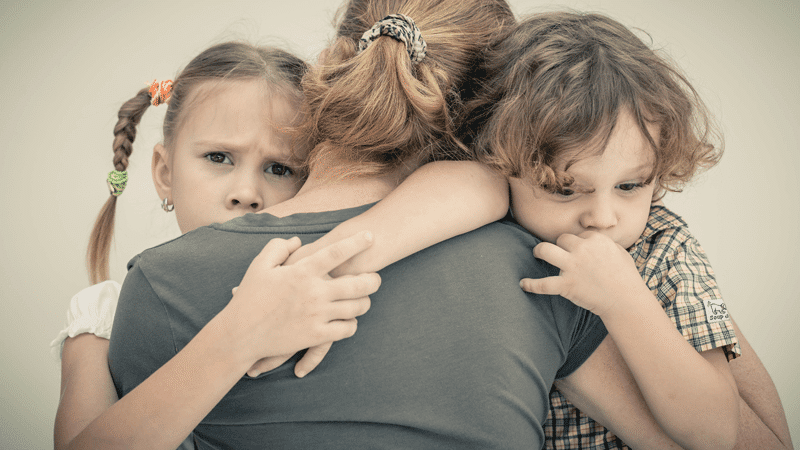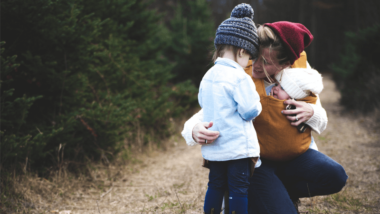Members of the public who see a parent give their child a gentle smack should contact social services or the police, the Welsh Government has announced.
Despite previous assurances that parents will not be criminalised by a forthcoming smacking ban, new guidelines state that they “risk being arrested or charged with assault”.
The controversial law, which removes the legal defence of reasonable chastisement, will come into effect in Wales on 21 March next year.
Police investigation
The government document ‘Ending physical punishment in Wales: frequently asked questions’, advises: “If you are concerned that a child is being physically punished you can contact your local social services department.
“You can also call the police in an emergency or if a child is in danger.”
It warns: “If the police receive a report or a complaint that a child has been physically punished by an adult, they will investigate that report”.
Unpopular
In a consultation in 2019, two-thirds of individuals responding opposed a change in the law.
And a survey of more than 200 councillors revealed more than 7 in 10 opposed a ban, with 9 in 10 saying councils would not have the resources to cope.
In 2020, a financial assessment estimated that the scheme will cost between £6.1 million and £7.8 million to implement and run over a five year period.
Ideological policy
Spokesman for pro-parent group Be Reasonable, Simon Calvert, said: “Only now, when we are just months away from implementing the ban, do they finally drop any pretence that this ban will not criminalise loving parents.”
He added: “everyone knows that a loving mum who taps her toddler on the back of the hand is not harming her child.
“Yet, Government Ministers ignored these facts, pressing on with a policy that was purely ideological and not remotely grounded in the real world.”
Mr Calvert concluded: “We all want children to be safe and well cared for. But we need solutions that work and which support hard-pressed parents instead of criminalising them.”
Be Reasonable: Wales Govt ‘playing with fire’ over smacking ban
- Ending physical punishment in Wales Frequently asked questions (gov.wales, September 2021)
- WELSH GOVERNMENT TELLS PUBLIC TO CALL THE POLICE AND SOCIAL SERVICES IF THEY SEE A LOVING PARENT SMACKING THEIR CHILD (bereasonable.wales, 17 September 2021)
- Welsh smacking ban set to cost £8 million (christian.org.uk, 29 January 2021)


